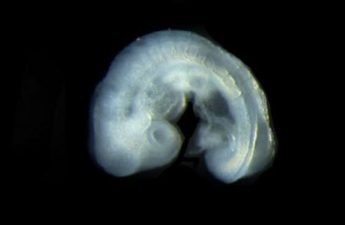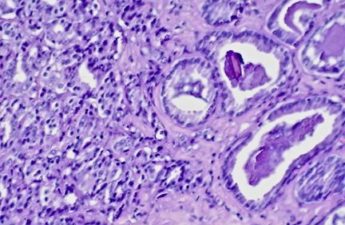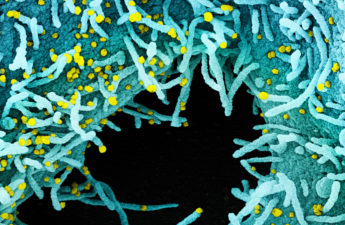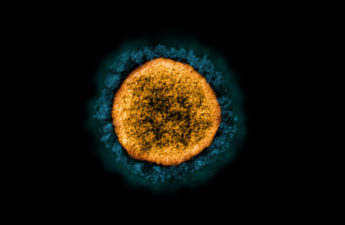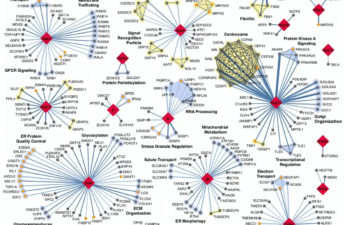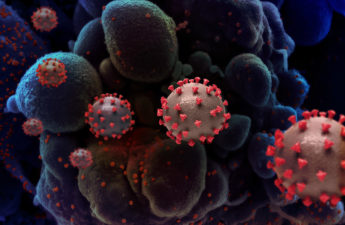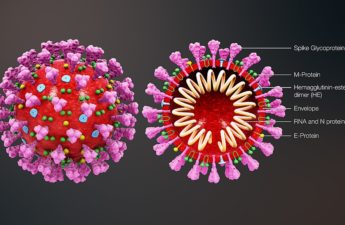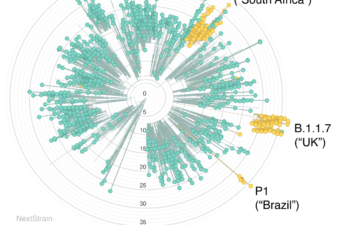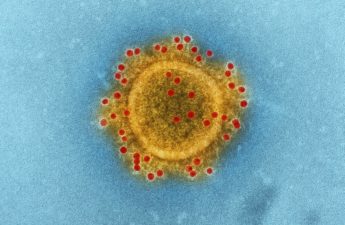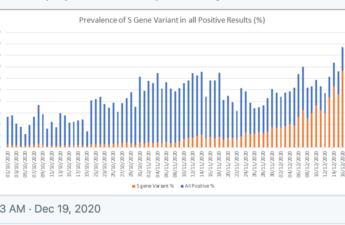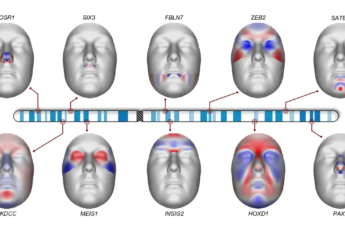Category: Genetics
UW scientists create ‘roadmap’ tracing the course of embryo cell development
This “roadmap” of mouse embryogenesis will help researchers understand the molecular programs that control how different specialized cell types emerge from less differentiated cells as an embryo grows and develops.
5 things research from twins taught us about health, behaviour and what makes us unique
The first major insight is that genes and environments almost always combine to influence our life trajectory. Sometimes the largest factor is genetics (think genetic disorders). Sometimes it’s environment (think infections). Mostly, it’s somewhere in between.
Men should check their genes for prostate cancer risk, UW researchers say.
Approximately 1 in 10 men with advanced prostate cancer carries an inherited gene mutation, according to UW researchers.
UW scientists to study effects of variations in the human genome
Researchers seek to determine how variations in the DNA sequences in the human genome affect how cells’ function and, ultimately, how these variants influence human health and disease.
How virus detectives trace the origins of an outbreak – and why it’s so tricky
In the case of COVID-19, bats are an obvious first place to look.
Looking at our early human ancestors for insights into modern diseases
Our ancestors’ environment and diets, and the limits of our biology, have led to adaptations that have improved human survival through natural selection. But we remain prone to illness and disease anyway.
Why variants are most likely to blame for India’s COVID surge
B.1.617, or what has been called the “Indian double mutation”, had two mutations linked to increased transmissibility and an ability to evade the immune system.
3 medical innovations fueled by COVID-19 that will outlast the pandemic
Genetic vaccines, wearable tech and new ways to discover drugs.
First case of B.1.351 variant identified in Washington State as cases of B.1.1.7 increase
The B.1.351 variant, initially identified in South Africa, has been detected in Washington State.
UK, South African, Brazilian: a virologist explains each COVID variant and what they mean for the pandemic
Kirsty Short, The University of Queensland Australia has recently seen SARS-CoV-2 (the virus that causes COVID-19) escape several times from hotel quarantine, including in Brisbane, Perth and Melbourne. These incidents have been particularly concerning because they involved people infected with…
Gene Screenings Hold Disease Clues, but Unexplained Anomalies Often Raise Fears
Many genetic findings are ambiguous, leaving doctors uncertain about whether a particular variant is truly dangerous.
The mutations carried by the variant that first appeared in the U.K., known as B.1.1.7, make the virus more “fit.”
THE NEW VARIANT COVID-19 STRAIN IS HERE. HERE’S WHAT YOU NEED TO KNOW.
“This virus has been working out. It’s gotten faster and more fit. And we need to fight smarter and harder to beat it.”
Coronavirus new variant – genomics researcher answers key questions
The new virus is defined by an unusual number and combination of mutations. One of these increases binding of the virus to receptors in our cells.
How genes control your looks
Your nose, like it or not, is the part of your face most influenced by your genes.
